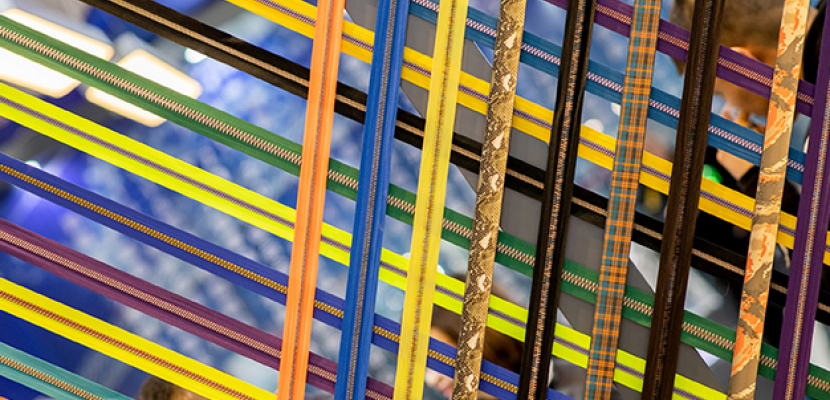Image

The Circular Economy for the competitiveness of sectors of Made in Italy - GIOTTO
Published on 14 December 2021

Italy
This is the good practice's implementation level. It can be national, regional or local.
About this good practice
The problem faced by this project is linked to the spread of instruments for implementation of circular economy in the “Made in Italy” sector, which is characterized by the prevalence of SMEs, through research and experimentation between complementary and multidisciplinary subjects (Universities, Technology transfer centres) belonging to wood-furniture, fashion, agriculture and food chains. The purpose is to guide companies and their production processes towards an approach that aimed at reducing the environmental impacts of products across the entire life cycle, from raw materials extraction to production, distribution, waste management, measuring the circularity of the products. This process is more achievable if it provides companies with a competitive advantage in the market (with consequent positive impact in terms of turnover and employment) giving evidence of efforts and actions carried out to reduce the environmental impact.
The partnership has been built considering the need for an holistic and multidisciplinary approach to the theme of circular economy, involving the economic and scientific actors of the main Italian industrial districts of the wood-furniture system, fashion system, and food sector.
The partnership has been built considering the need for an holistic and multidisciplinary approach to the theme of circular economy, involving the economic and scientific actors of the main Italian industrial districts of the wood-furniture system, fashion system, and food sector.
Resources needed
Total budget of the project: €770.000
Total grant requested: €350.000
Total grant requested: €350.000
Evidence of success
Evidence of success of the GIOTTO project can be visible in the identification of the main bottlenecks of the productive sectors analysed through the LCA assessment. The results highlighted the areas to be addressed with different urgency priorities in terms of environmental impact. Key principles have been recognised: redesign of the product through LCA analysis, rethinking of business models, promotion of reverse logistics and industrial symbiosis, regeneration of products and materials.
Potential for learning or transfer
The practice can be of interest for many other countries that want to guide companies and their production processes towards a greener approach with the aim of reducing the environmental impacts of products across the entire life cycle. Given the increasing importance of the thematic related to the recycling of waste materials, to circular economy, to low impact of the productive process, to the waste management, this project is able to address all these aspects. The cooperation and the dialogue between enterprises, universities and research centres is crucial to reach important results and to multiply the effects of the different measures applied. This practice represents an important instrument for SMEs willing to increase their competitiveness in the market in a green perspective.
Good practice owner
You can contact the good practice owner below for more detailed information.
Organisation
Città studi - POINTEX

Italy
Piemonte
Contact
Project Manager
